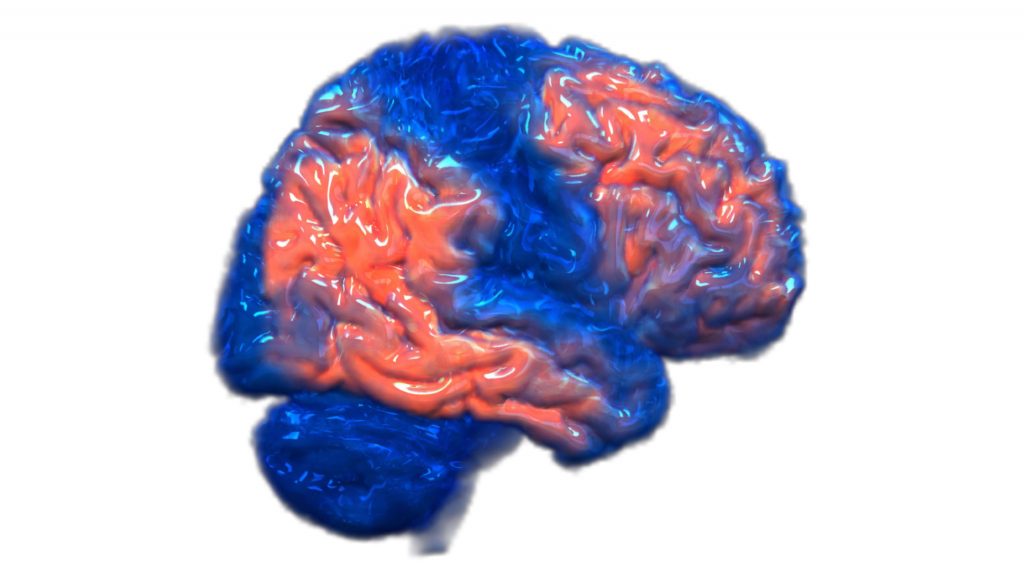-
$41 million federal grant to help Mayo Clinic, collaborators advance multiethnic Alzheimer’s research

JACKSONVILLE, Fla. — Alzheimer's disease affects people of all ethnic groups. Armed with $41 million in new federal funding, Mayo Clinic researchers and colleagues from 13 other institutions around the country are pursuing three multiethnic projects to identify targets for treatment.
Alzheimer's disease robs victims of their memories and families of quality time with their loved ones. Deaths from Alzheimer's more than doubled from 2000 to 2019, and the number of people living with the disease is expected to rise to 13 million by 2050, according to the Alzheimer's Association.
The new research program seeks to identify the next generation of precision medicine biomarkers and potential novel therapeutic targets of Alzheimer's disease and related dementias in multiethnic populations. The program, called Centrally-Linked Longitudinal Peripheral Biomarkers of AD in Multiethnic Populations (CLEAR-AD), will be funded by a five-year grant from the National Institute on Aging, part of the National Institutes of Health. The grant is expected to total $41 million.

Nilüfer Ertekin-Taner, M.D., Ph.D., a Mayo Clinic professor of neuroscience and neurology and a physician-scientist, will lead this program with co-principal investigators Minerva Carrasquillo, Ph.D., a Mayo neuroscientist, and the Indiana University School of Medicine's Andrew Saykin, PsyD., and Kwangsik Nho, Ph.D.
"We know that Alzheimer's disease afflicts patients from African American backgrounds at a rate twice as high as that in white populations. For Latino Americans, the risk is one-and-a-half times greater than that in white populations," Dr. Ertekin-Taner says. "These populations have traditionally been understudied for Alzheimer's disease, leading to a major knowledge gap. When we try to understand the molecular underpinnings, the disease fingerprints, we need to understand it for all of us to be able to identify biomarkers and therapies."
Dr. Ertekin-Taner leads the Genetics of Alzheimer's Disease and Endophenotypes Laboratory at Mayo Clinic's campus in Florida.
With the help of the patient and caregiver community, the research projects aim to:
- Analyze blood and donated brain tissue samples from patients of African American, Latino American and non-Hispanic white backgrounds to identify molecular signatures that will serve as precision medicine biomarkers and therapeutic targets.
- Analyze blood and brain tissue samples from deceased patients with and without Alzheimer's who have donated their samples for research, to identify molecular signatures linked between the brain and the blood.
- Analyze blood samples over time from patients with Alzheimer's disease and unaffected individuals, using large-scale cohorts collected from the Mayo Clinic Study of Aging, the Alzheimer's Disease Neuroimaging Initiative, Alzheimer's Disease Research Center at Mayo Clinic and five other Alzheimer's Disease Research Centers across the country.
WATCH: Dr. Ertekin-Taner shares more about the importance of this research.
Journalists: Broadcast-quality soundbites from Dr. Ertekin-Taner are available in the downloads at the end of the post. Please courtesy: "Mayo Clinic News Network." Name super/CG: Nilüfer Ertekin-Taner, M.D., Ph.D./Neurologist & Neuroscientist/Mayo Clinic.
People develop Alzheimer's disease based on their unique set of risk factors, including genetic and environmental variables, and protective factors, researchers say. Better understanding these components may help researchers to "downregulate," or help lower risks, and "upregulate," or increase protective factors, which they say is essential to develop novel treatments. The risk or protective factors may also serve as biomarkers.
"Ultimately, we hope to find biomarkers that will enable us to predict whether somebody is going to develop Alzheimer's disease, how fast their disease may progress, and, eventually, to be able to find precision medicine cures for this complex condition," Dr. Ertekin-Taner says.
"With the availability of imaging and fluid biomarkers of Alzheimer’s disease, it is now possible to track the disease process in living individuals in research settings and in some clinical practice environments," says Nandini Arunkumar, Ph.D., a program director at the National Institute of Aging. "The aim of CLEAR-AD is to use these biomarkers to map the progression of the disease across diverse populations and generate rich molecular data that will be the basis for the next generation of biomarkers."
The research will be funded by National Institutes of Health grant U19AG074879.
Other collaborating institutions are Sage Bionetworks; Washington University in St. Louis; University of Florida; Duke University; Emory University; Baker Heart and Diabetes Institute; University of Pennsylvania; University of Michigan; University of Washington; Cornell University; and Helmholtz Center.
###
About Mayo Clinic
Mayo Clinic is a nonprofit organization committed to innovation in clinical practice, education and research, and providing compassion, expertise and answers to everyone who needs healing. Visit the Mayo Clinic News Network for additional Mayo Clinic news.
Media contact:
- Kevin Punsky, Mayo Clinic Communications, newsbureau@mayo.edu






